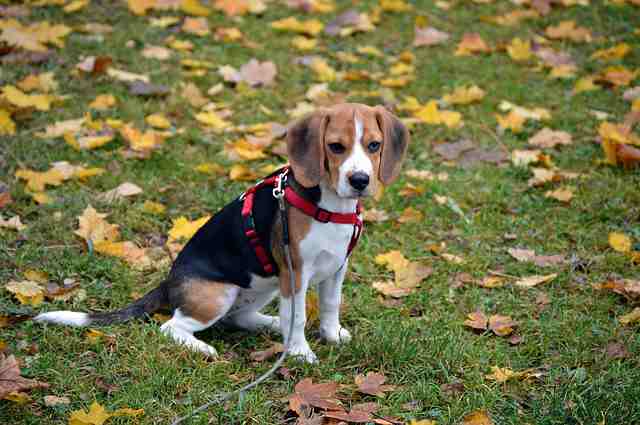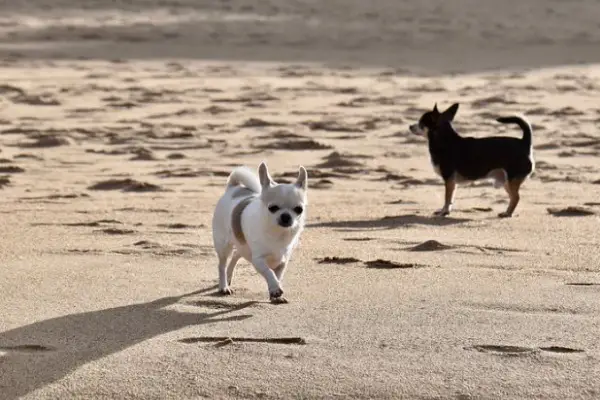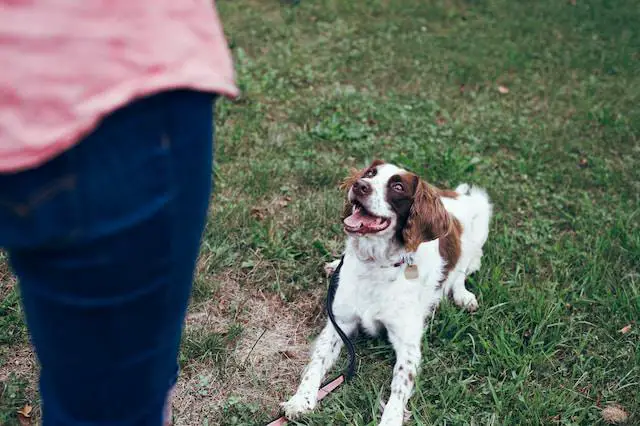9 Havanese Personality Problems & Tips
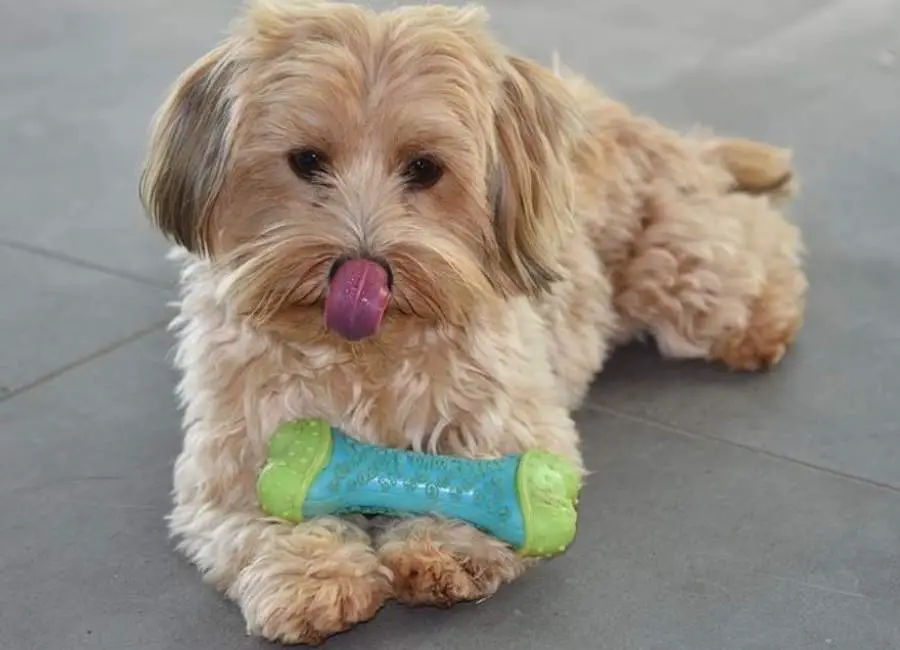
Is your Havanese pup exhibiting some challenging behavior? If so, you’re not alone!
Havanese dogs have a reputation for being friendly and affectionate, but they can also be prone to some personality problems.
In this blog post, we’ll look at the common issues Havanese owners face and offer helpful tips for resolving them.
So let’s get started and learn more about the unique personality of the Havanese pup!
Understanding Havanese personalities
Havanese dogs are known for their lively, loving, and intelligent personalities.
They are highly social, affectionate, and loyal to their families, and are also very playful and energetic.
They are also known for their intelligence and trainability; they can easily learn new tricks and commands and have an eagerness to please their owners.
Havanese dogs are also very social and do well with other animals and children.
As with any breed, it is important to provide proper socialization and training from an early age to ensure that the dog develops into a well-rounded and balanced individual.
Havanese personality problems
Here are some common Havanese personality problems and tips for each of them:
Attention-seeking behavior
Havanese dogs are considered to be attention-seekers and may engage in actions like jumping, pawing, or poking their humans in order to get their attention.
Training and giving the dog plenty of exercise and mental stimulation are two ways to control this habit.
To assist control your Havanese dog’s craving for attention, give them lots of mental and physical stimulation.
Employ training methods that focus on positive reinforcement to teach your dog the proper ways to get attention.
Separation anxiety
Strong devotion to their owners is a characteristic of Havanese dogs that can occasionally cause separation anxiety.
When the dog is left alone, this condition may result in destructive behavior, excessive barking, and other issues.
Give your Havanese dog lots of mental and physical exercise, as well as a cozy place to retreat to when you’re not home.
Increase your time away from your dog gradually by starting with brief absences and moving up to longer ones.
To teach your dog to feel more at ease being by himself, think about employing positive reinforcement training methods.
Learn more about Havanese separation anxiety.
Digging
Havanese dogs have a propensity for digging, which can be problematic if they start destroying the yard or other people’s property.
This behavior may result from boredom, anxiety, or inactivity.
Provide a designated digging place for your Havanese dog and/or give him/her toys that promote digging as suitable outlets for their digging propensity.
When your dog is outside, keep an eye on them and lead them toward acceptable activities if they begin to dig in the wrong place.
Chewing
Havanese dogs have a propensity for chewing on things, which can be harmful and destructive.
This behavior may be brought on by stress, boredom, or inactivity.
Give your Havanese dog plenty of suitable chew toys, and keep an eye on them to make sure they aren’t gnawing on anything unsuitable.
Deal with any underlying concerns of boredom or worry that may be causing the behavior.
Jumping
When they are large or active, Havanese dogs may leap up on people, which can be a concern.
The reasons for this conduct include excitement, a lack of experience, and insufficient exercise.
To teach your Havanese dog appropriate greeting behavior, use consistent training methods.
When your dog starts to jump up on humans, refocus their attention on acceptable activities.
House breaking challenge
Housebreaking can be a challenge for Havanese dogs at times, which can be frustrating for their owners.
Anxiety, medical conditions, or a lack of training are all potential causes of this behavior.
To teach your Havanese dog proper toileting techniques, consistently use positive reinforcement training methods.
Eliminate any underlying medical conditions that might be causing the behavior.
Resource guarding
It’s possible for some Havanese dogs to engage in resource guarding behavior, which entails defending their food, toys, or other belongings.
Through training and giving the dog rewards for sharing and giving things back, this behavior can be controlled.
Share and relinquish objects with your Havanese dog by using positive reinforcement training methods.
Reacting to resource-guarding behavior with hostility or punishment is not advised.
Begging
The tendency of Havanese dogs to nag for food can be bothersome to owners and, if rewarded with too many goodies, can result in obesity.
It can be difficult to deal with the problem of begging in Havanese dogs, which is a typical behavioral issue.
Here are some common things to do about your Havanese begging:
- Establish boundaries
- Ignore the behavior
- Provide distractions
- Reward good behavior
- Teach alternative behaviors
- Provide scheduled meals
Fearfulness
Due to their propensity for fear, Havanese dogs may tremble or hide when faced with challenging circumstances.
Lack of socialization, traumatic experiences, or genetic reasons can all contribute to this tendency.
Expose your Havanese dog to new situations and surroundings gradually while utilizing positive reinforcement training methods to assist your dog gain confidence and comfort in these settings.
Health issues and their impact on Havanese personality
Health issues like infections or chronic allergies can have a significant impact on the personality of a Havanese.
Poor health can lead to a decrease in energy and enthusiasm, making the Havanese less active and playful.
It can also lead to behavioral issues such as aggression and anxiety.
Additionally, if a Havanese has a health issue that affects its vision, its ability to interact with its environment and other dogs can be limited.
Finally, illnesses that affect the Havanese’s internal organs can lead to a decrease in overall health, which can affect its personality and behavior.
Lack of training and socialization can have a significant impact on the personality of a Havanese.
Without proper training, a Havanese may be prone to exhibiting fearful or anxious behaviors, or may become aggressive towards other pets and humans.
Additionally, without proper socialization, a Havanese may be less likely to form strong bonds and may be more prone to developing behavioral problems.
To ensure that a Havanese develops into a well-adjusted, confident dog, it is important to start training and socializing from the puppy stages.
Preventing Havanese Personality Problems
To prevent Havanese personality problems, it is important to provide the dog with early and ongoing socialization to help them become confident and well-adjusted in different environments.
Additionally, it is important to provide appropriate mental stimulation in the form of interactive play and activities such as puzzle toys and obedience training.
Providing consistent and positive reinforcement will also help the dog become more confident and will help prevent any behavioral issues.
It is also important to provide the dog with a safe and secure environment and to avoid any situations that may cause them anxiety or stress.
Causes of Havanese Personality Problems
Havanese personality problems can be caused by a variety of factors.
These include improper socialization, lack of training, fear, and anxiety.
Additionally, physical health problems, such as poor nutrition or an unhealthy living environment, can contribute to personality issues in Havanese dogs.
In some cases, changes in the owner’s circumstances can also cause changes in the dog’s behavior or personality.
It is important to ensure that your Havanese is provided with a healthy diet, plenty of exercise, and a stable living environment in order to prevent personality issues.
Fixing/Treating Havanese Personality Problems
The Havanese is an intelligent, lively, and friendly breed of dog, but can sometimes show signs of aggression or other undesirable behaviors.
To help address these issues, it is important to provide the proper training and socialization, as well as proper exercise and nutrition.
In addition, it can be helpful to work with a professional trainer or behaviorist to address specific issues.
If the behavior persists despite these efforts, it is important to have your dog examined by a veterinarian to rule out any underlying medical conditions that may be causing the problem.
Conclusion
In conclusion, Havanese dogs have some unique personality traits that can be both challenging and rewarding for their owners.
However, with patience and understanding, many of these issues can be resolved.
With proper training and lots of love, Havanese owners can enjoy an amazing relationship with their furry friends.
So if you have a Havanese pup, don’t give up hope – you can make it work!

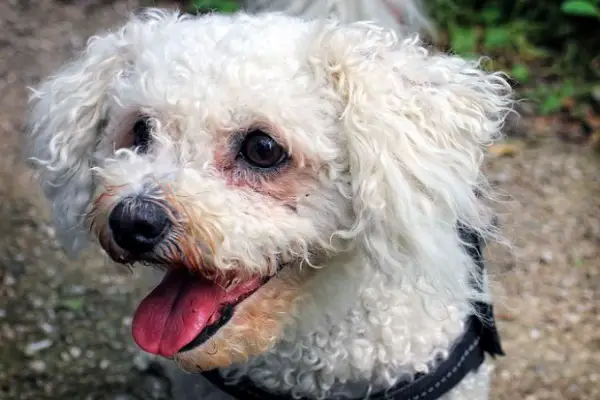
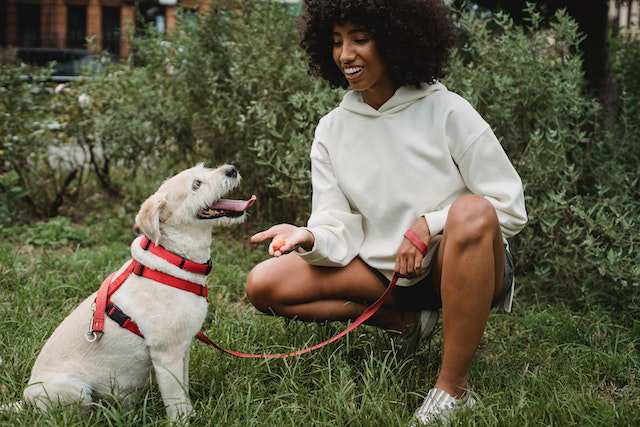
![Territorial Behavior in Dogs [Signs, Causes, & Solutions] Territorial Behavior in Dogs](https://petcreeks.com/wp-content/uploads/2023/10/pexels-lucas-pezeta-2034913.jpg)
